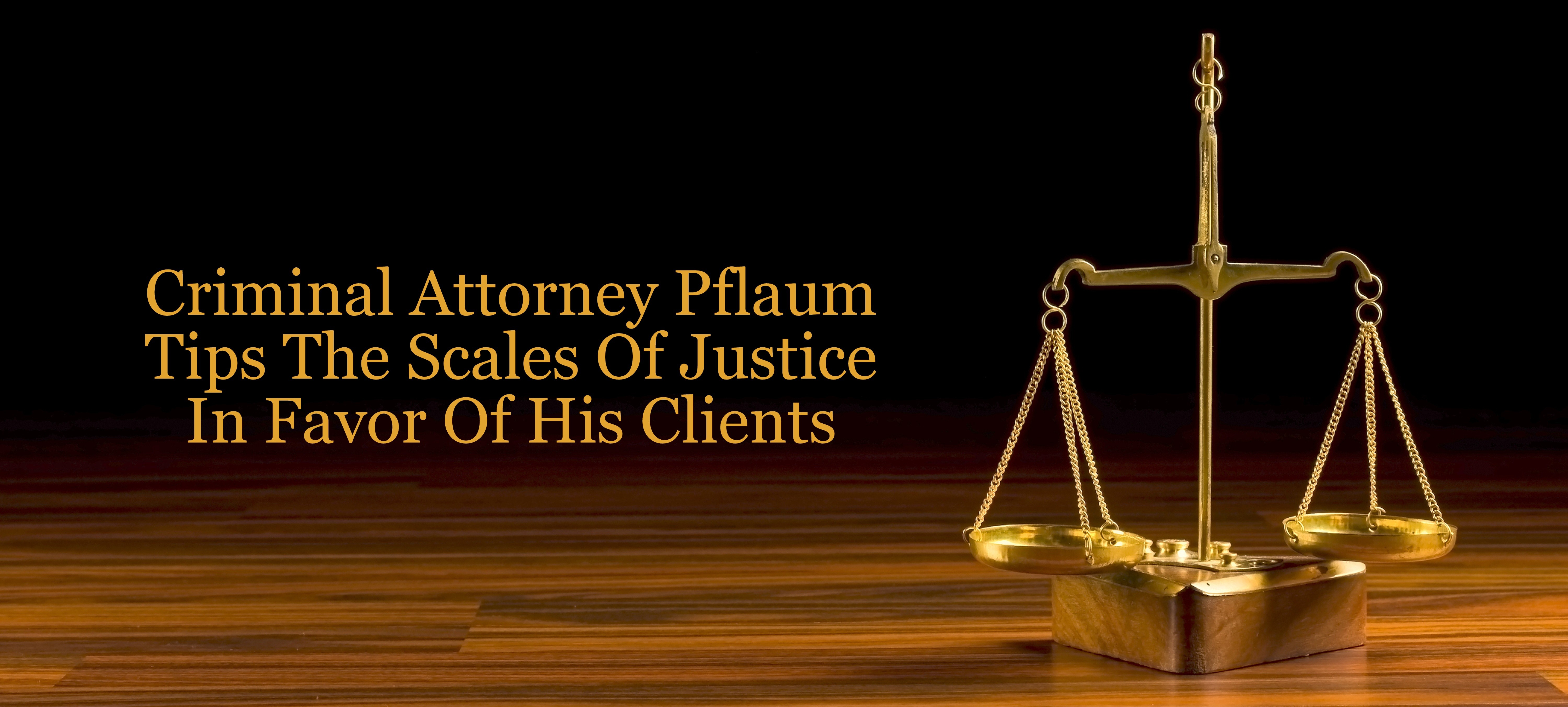The right Vista criminal lawyer for burglary serves his client with expertise and dedication.
Just because a person was arrested for burglary does not mean that he or she is guilty.
The person has rights and remedies.
Lawyer David Pflaum aggressively defends his client to get the best possible results.
Click on results, testimonials, google, avvo and yelp for details.
The right defender is ready and able.
The help you need is here.

IMPORTANT INFORMATION
FROM THE VISTA CRIMINAL LAWYER FOR BURGLARY
Burglary is an accusation that a person entered a room, building, car, structure or store with the intent to commit a theft or a felony (Penal Code 459).
Burglary comes in two ways, first degree and second degree.
Residential burglary occurs when a person enters a building that is occupied by a person, most commonly a residence. This is the most serious and classic version of burglary in the first degree.
Commercial burglary arises when a person enters a store or business to commit a felony or petty theft. This is a comparatively less serious version of burglary.
Virtually all persons suspected of committing a burglary are arrested with bail set according to the San Diego County Bail Schedule.
Many people use the services of a bail bond agency to get released with a future court date.
When a client remains in jail, there are several ways attorney Pflaum helps him or her get released from jail as soon as possible.
The procedures to get a person out of custody depend on the circumstances of the alleged crime and the status of the accused.
For more information click on get out of jail.
STRATEGIES OF THE VISTA CRIMINAL LAWYER FOR BURGLARY
The right defense to an accusation of burglary depends on many factors.
Attorney Pflaum begins the professional defense by learning about the client and the facts surrounding the investigation and arrest.
He then reviews for accuracy the statements made by the alleged victim, witness declarations, law enforcement reports and conclusions, video surveillance and recordings if applicable.
The effective defenses to a burglary charge include the following.
- No specific intent to commit a theft or felony
- Consent to enter the property
- Improper eye witness identification
- Lack of motive
- The evidence is inconclusive
- Lack of credibility of the victim
- The witnesses are not believable
- Video surveillance shows no act of theft
- Failure of the police to advise of rights
- Diminished capacity
EFFECTIVE RESOLUTION OF THE BURGLARY CASE
Resolution of the case depends entirely on what is in the best interest of the client.
Petition to Dismiss. One way to resolve a case is by way of a petition to dismiss due to a violation of a constitutional right.
Sometimes the police do not comply with the United States Constitution during a detention, search or a seizure.
When this happens, people have a recourse in the courts.
For more information click on violation of rights.
Diversion. Diversion is a form of pretrial procedure in which a person accused of a crime does not enter a plea of guilty.
Instead the client enrolls in a program of counseling to help remedy the alleged behavior leading to the original arrest.
Diversion allows the client the opportunity to avoid a conviction and to keep his or her record clean.
There are four types of diversion: Drug Diversion, Military Diversion, Mental Health Diversion, and Misdemeanor Diversion (just enacted in December 2020).
A plea bargain is a beneficial pretrial agreement between the defense attorney, his client, the judge and the prosecutor that may dismiss or reduce the criminal charges, avoid time in prison or jail, and provide for other favorable terms.
Attorney Pflaum gets excellent plea bargains by presenting positive information about his client to the judge and prosecutor, and by exposing weaknesses in the law enforcement case.
A jury trial may, depending on the clients preference and state of the evidence, be successful to prove that a client accused of committing a burglary is not guilty.
Winning the jury trial begins by selecting a fair and impartial jury, making a strong opening statement, offering proper testimony, cross examining witnesses, and finishing with a compelling argument in support of the verdict of not guilty.

THE RIGHT VISTA CRIMINAL LAWYER FOR BURGLARY
EXPERIENCE MAKES THE DIFFERENCE
Call (760) 806-4333





